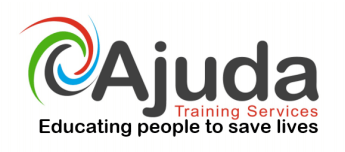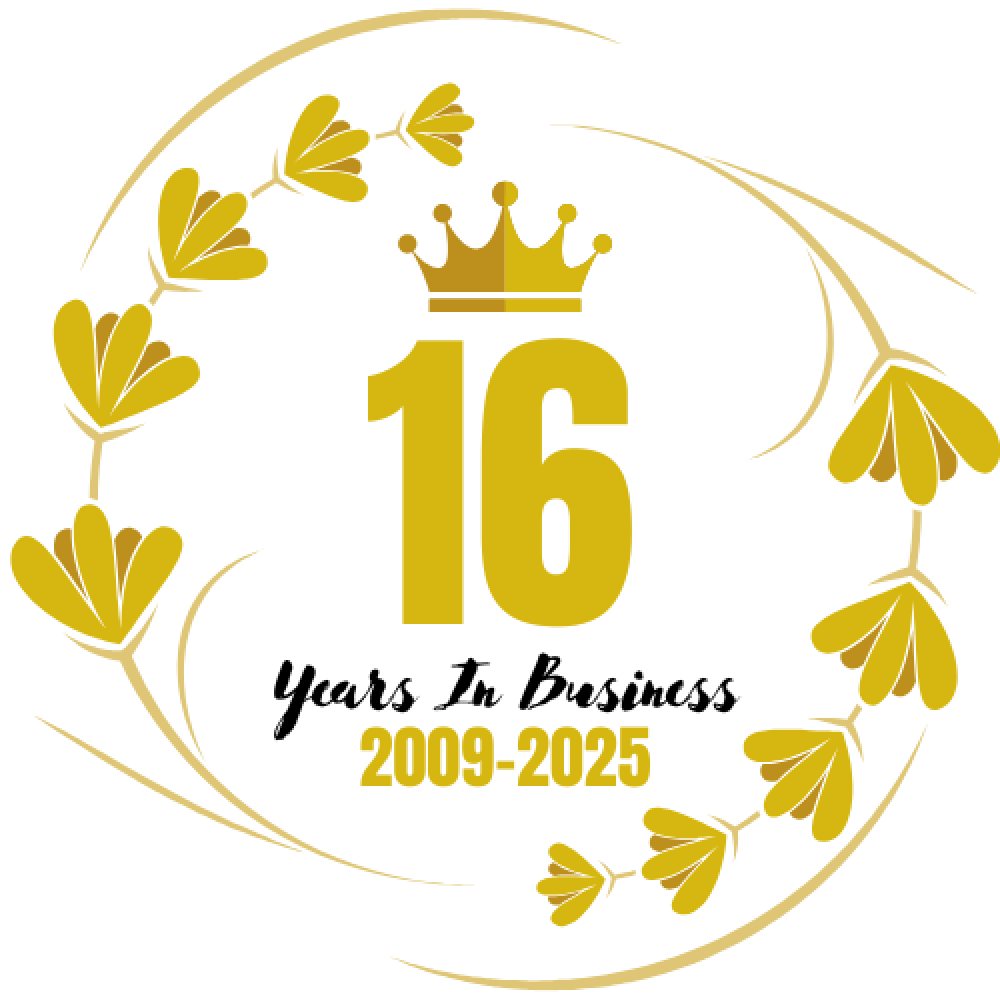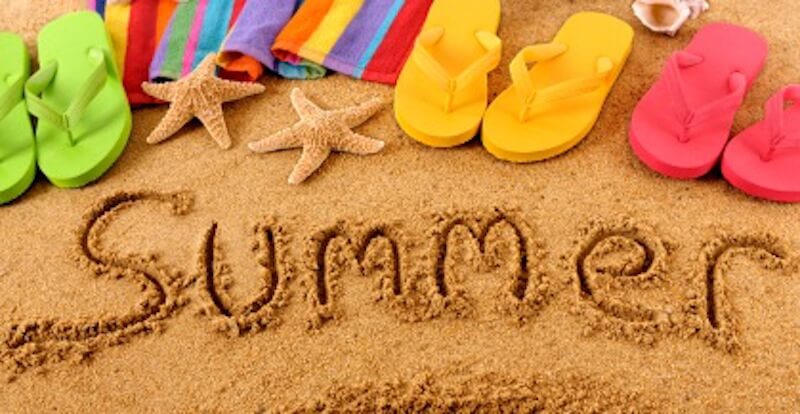The summer holidays are here!
For some this may mean 6 weeks with the family – for you, we’ve written this blog about how to stay safe at home over the coming weeks whilst still enjoying yourself and relaxing.
Sun Cream
Firstly, and very importantly, when the sun is out (admittedly this may not seem too often) sun cream is a must. Whilst Britain may not be the hottest place on earth, there is still a certain risk of burning our skin whilst spending time in the sun. You may be in the garden relaxing on the sun lounger or hiking with the family, you’re still at risk.
You must apply sun cream before you venture outside, even if it does look a little overcast outside. It is particularly important to ensure children are also wearing sun protection including cream and a hat. Make sure that the sun cream you use is a high SPF (30+) and has a high UVA star rating to ensure that you are well protected from the hot sun.
Also, remember to keep reapplying sun cream throughout the day, particularly if you have been for a dip in the sea or a pool. If, unfortunately, you do burn, make sure that you moisturise the area with after sun cream or Aloe Vera to soothe the skin. Stay in the shade to prevent any further damage.
Burns from the BBQ
BBQ’s are a staple to British summertime. We don’t know anyone who doesn’t love a social gathering in the sun with the smell of food being cooked outside on the BBQ (perhaps more too often, the smell of charred food nonetheless). It’s not just the food that often ends up burnt during the fun of a BBQ. Unfortunately, our willing chefs sometimes end up burning themselves whilst cooking our delicious burgers and sausages.
Treatment will differ depending on the severity of the burn:
First-degree burns – these affect the top layer of skin and can be treated by running the affected area under cool water for 10 minutes.
Second-degree burns – this type of burn needs to be immersed in water for 10 – 15 minutes. It’s very important to remember not to apply ice to the affected area as this can reduce the patient’s body temperature. Second-degree burns can lead to shock, in this instance, ensure that you lay the victim down on their back with their feet elevated 12 inches off the floor (on a chair is good). If possible, the burnt area should be elevated above the heart and the victim should be covered with something (e.g a blanket) to avoid their temperature dropping.
Third-degree burns – call the emergency services immediately! Unlike first and second-degree you should NOT immerse third-degree burns in cold water. Cover the burn with loose, non-stick bandage. Like second-degree burns, the victim should be laid down with their feet elevated to avoid shock. You should regularly check their pulse and monitor their breathing until the emergency services arrive at the scene.
Staying safe in the sea
If we’re lucky and the sun comes out to say hello, there are plenty of beautiful beach destinations throughout the UK. It’s all fun and games splashing about in the sea with each other. Please, please be aware, however, of the severe dangers of the sea as well.
Be aware. Before slipping into your swimwear, do your research. For example, you should check tide times and make sure that there will be lifeguards present during your visit. Read and obey local hazard signs.
Swim between the red and yellow flags. This is so that the lifeguards can see you if you get into any danger but also so that you don’t go too far out to sea. Never swim in the sea on your own – stay with children at all times if they are going in the sea.
If you do find that you or anyone in your group gets into trouble, stick your hand in the air and shout for help. If you see someone else is in trouble, tell a lifeguard or call 999 or 112 and ask for the Coastguard.
If you plan on using inflatables, ensure that you stay between the red and yellow flags. You should never take them out in big waves or strong winds. We recommend that inflatables are best kept for use in swimming pools as they are lightweight and can easily be swept away from the shore.
Rip currents are strong currents running out to sea. They are a problem for surfers, swimmers and body boarders as they can quickly and easily drag you out to sea, far beyond your depth. If you get caught in a rip current:
– Stay calm
– Wade, don’t swim
– Keep hold of your board or inflatable to help you float
– Raise your hand and shout for help
– Never try to swim directly against the rip or you will get exhausted
– Try to swim parallel to the beach until you are free of the rip, then make for shore
First Aid Kit
Leading on nicely from burns, wherever you are, make sure you have a first aid kit handy because accidents can happen anywhere. A first aid kit will ensure that you can be prepared for injuries.
The HSE recommends that you have the following in your first aid kit:
– First aid general leaflet
– Sterile, individually wrapped plasters
– Sterile eye pads
– Safety pins
– Medium and large, sterile, individually wrapped unmedicated dressings
– Disposable gloves
Obviously, it is important to include things in your first aid kit that are relevant to where you are and what you are doing. Ajuda supplies a huge variety of different first aid kits here.






